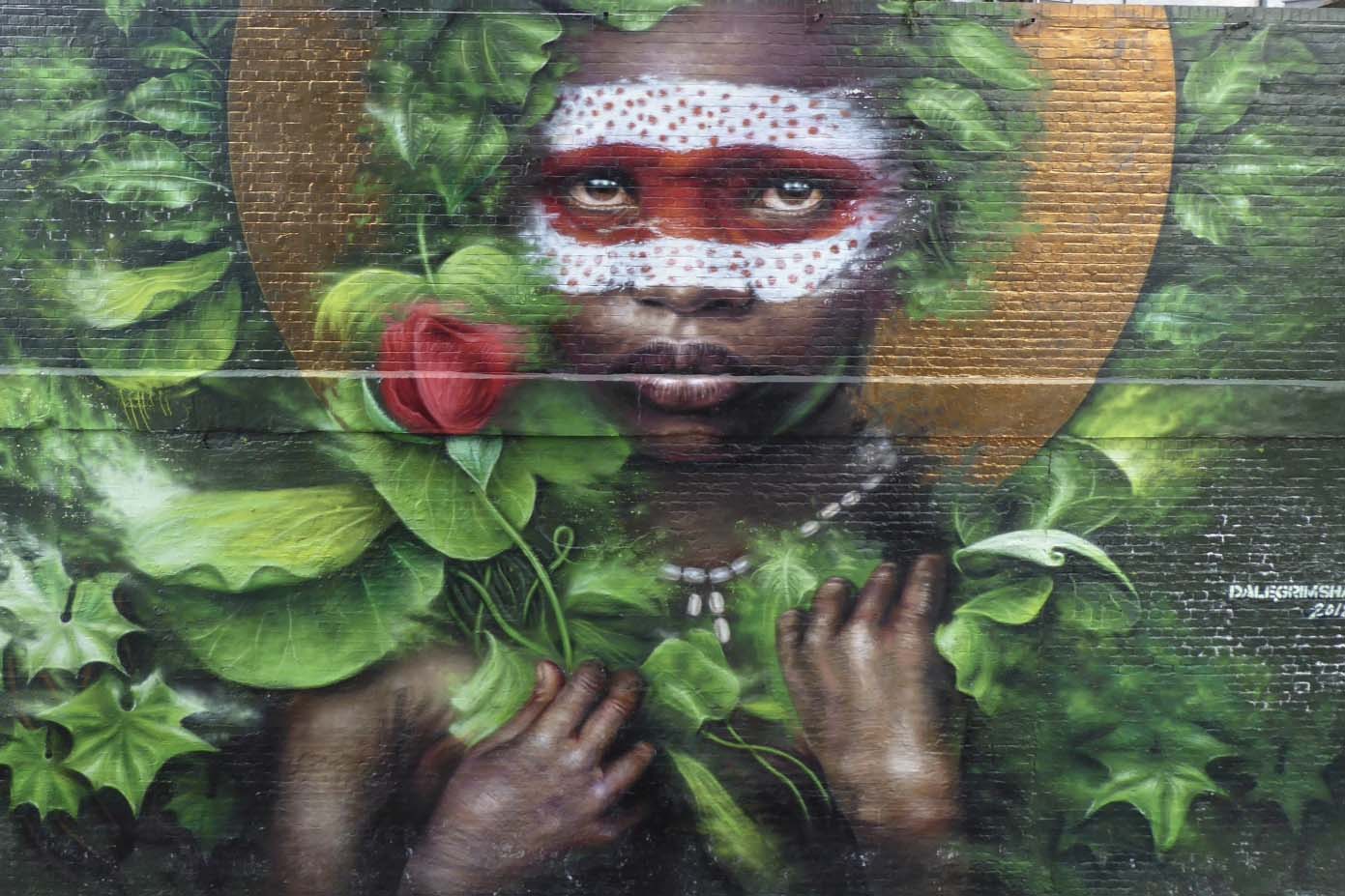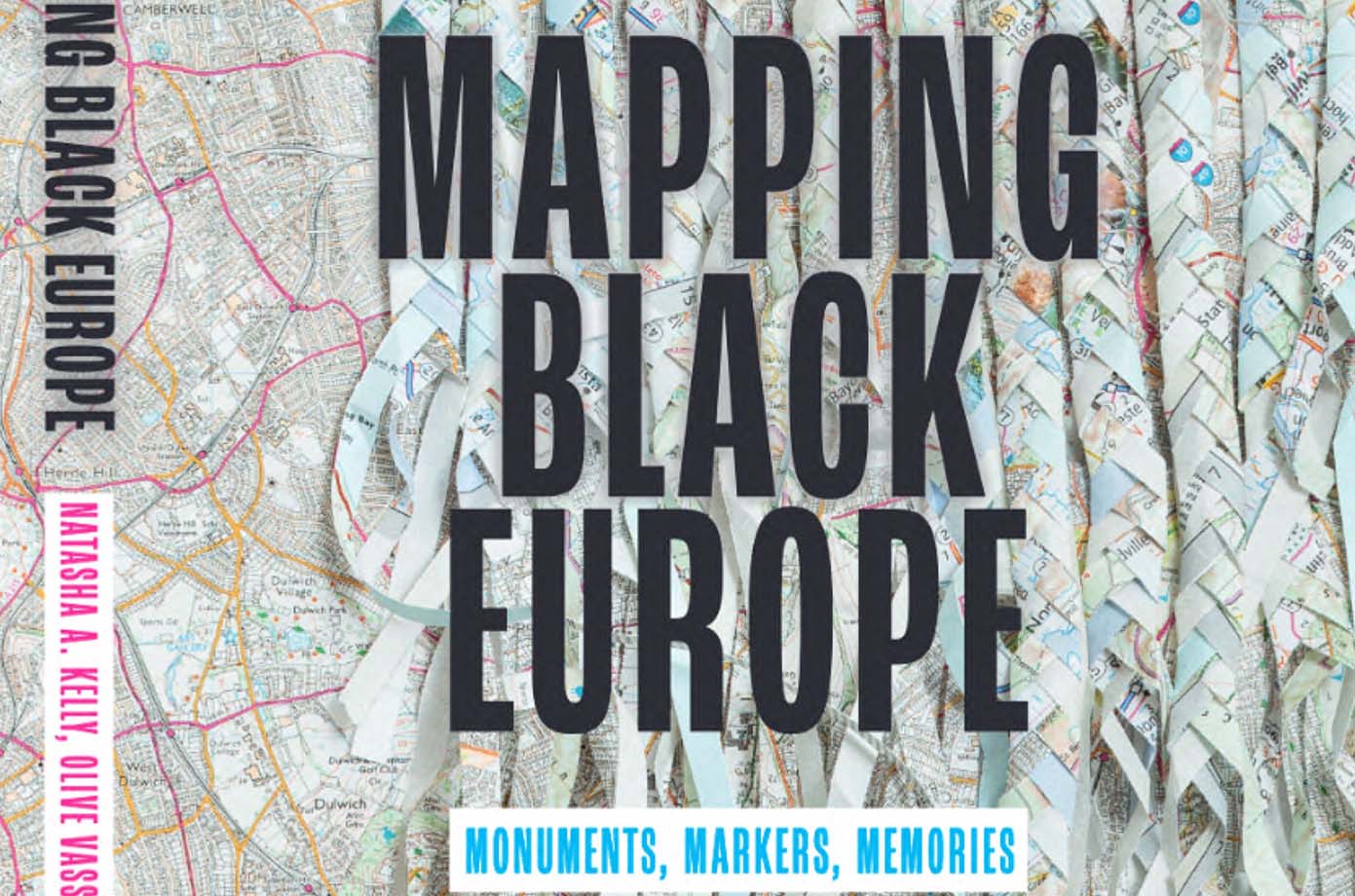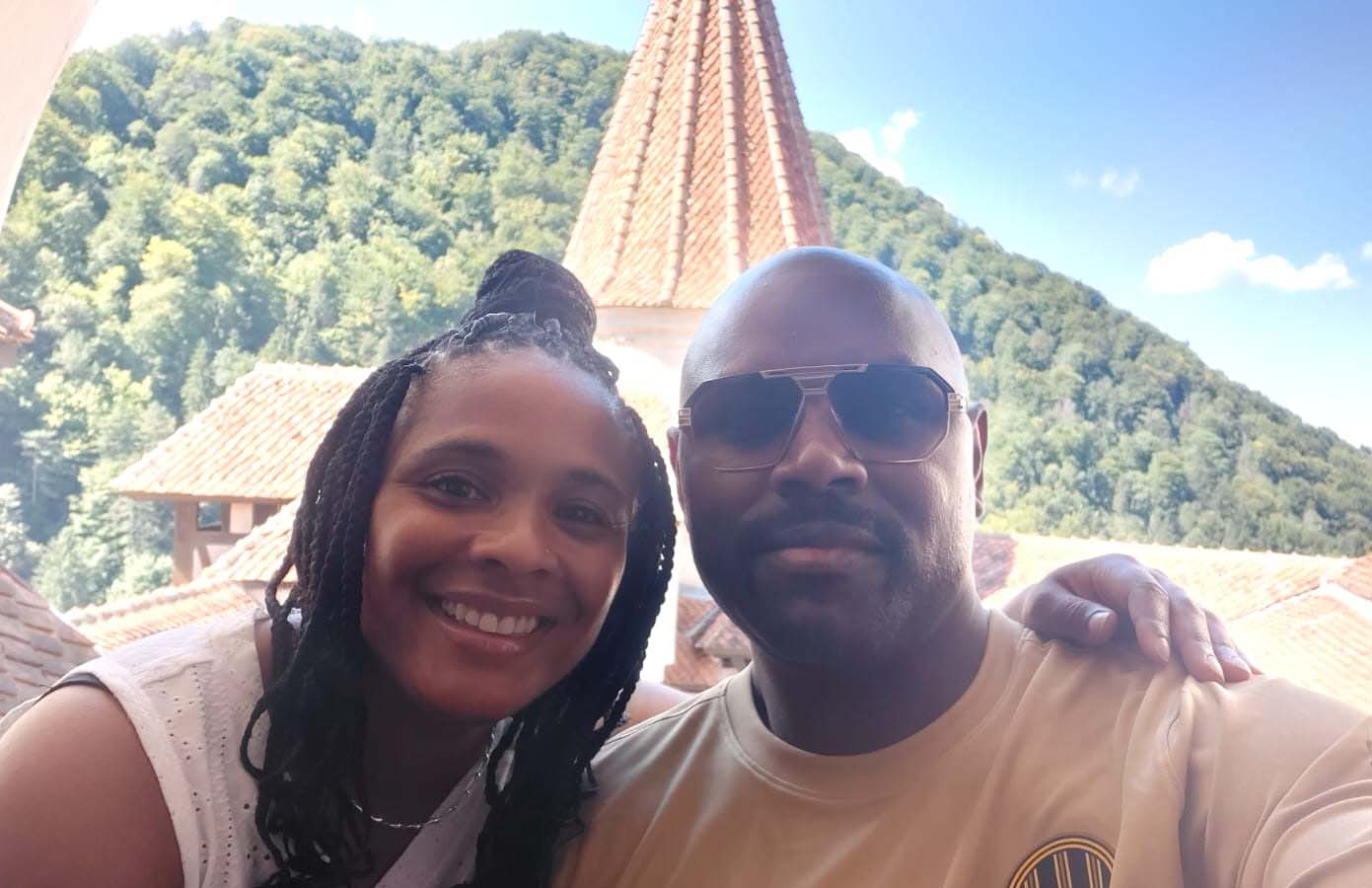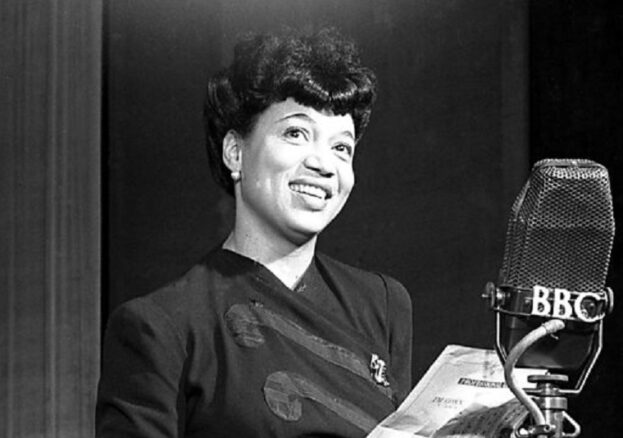
Nubian Jak Community Trust founder and head Jak Beula with a plaque marking the site where a Bob Marley and the Wailers album was created. Courtesy photo.
by OLIVE VASSELL
The rich history of the Black presence is becoming more visible thanks to the work of the Nubian Jak Community Trust, (NJCT), an organisation whose mission is to promote “social equality and to encourage activities that promote cultural diversity in society.”
Founded in 2006 by cultural activist Jak Beula, the commemorative plaque and sculpture scheme addresses the lack of recognition of Black contribution in public spaces. In London, for example, only about 1% of the blue plaques placed by the English Heritage – the charity overseeing the scheme – honours people of colour. The NJCT partners with educational groups, local government and others to highlight the historic contributions of Black and minority people across the UK.
“This work is about the positive reinforcement and uplifting of Black global achievement,” Beula said.
NJCT’s plaques, whose honours span centuries, mark the contribution of Africa and the African diaspora, whether they are people (blue), buildings (black), events (red) and green (other categories). Most are in London, but there are some in other parts of the country, including in Birmingham, Nottingham and Luton.
The first and one of the most famous plaques celebrates legendary Jamaican musician Bob Marley. But little recognised pioneers like Ignatius Sancho, a 18th century composer, actor, and writer who was the first known African-Briton to vote in a British election, are also memorialised. His plaque installed in 2007, is outside his former home in Whitehall, now the site of the UK’s Foreign Office.
“To be able to place the first black plaque in Whitehall in honour of the great contribution of Ignatius Sancho makes us feel immensely proud,” Beula said at the time.
Beula’s passion for cultural activism dates back to his youth. As a 17-year-old, he met Jamaican-born community activist Constance (Connie) Mark who co-founded the Mary Seacole Memorial Association in 1980 to acknowledge the 19th-century nurse who tended to British soldiers during the Crimean war. The Trust would posthumously honour Mark in June 2008, with a plaque at her former home in Hammersmith.
Years later, in 2017, Beula undertook one of NCJT’s most ambitious projects – a memorial honouring African and Caribbean troops who fought for Britain in the First and Second World Wars. The African and Caribbean War Memorial, which consists of two obelisks, sculpted from Scottish whinstone, bears the names of the African and Caribbean regiments of both conflicts.
“It is crucial that we don’t forget the historic role played by African and Caribbean servicemen and servicewomen who served during both wars. We should be proud of their contribution,” Beula said.
The memorial is located in Windrush Square in South London, which is in the heart of the area where many Caribbean people settled after immigrating to the UK following World War II.
Beula said the decision to create the monument for the more than 2 million African and Caribbean Military Servicemen and Servicewomen, was an effort to correct an historical omission and to make sure young people of African and Caribbean descent are aware of their ancestors’ contribution to those wars.
The memorial was first scheduled to be placed at Tilbury Docks where ships from the Caribbean arrived after WWII, but logistical issues delayed the project for three years before it found a home in the square.
“I wanted to do a tribute to Windrush ex-servicemen and I was supposed to do it at Tilbury Docks. I got permission for it, bought the stone, but the space could not accommodate the memorial,” Beula explained.
Today, the Trust has issued more 100 plaques around the country celebrating figures such as pioneering Black newspaper publisher and activist Claudia Jones (2008) and book publishers and activists Eric Huntley and Jessica Huntley (2018). And, Beula plans to issue many more.
“My aim is to one day supersede the 800-plus plaques issued by Heritage,” he said.
For more information visit https://nubianjak.org/
Learn more about the NCJT and its work below.
London-born Black Brit journalist Olive Vassell has co-edited and written a chapter on her birthplace for a pioneering book about Europe’s Black communities. Mapping Black Europe: Monuments, Markers, Memories is the first account by Black Europeans who have collectively marked sites of public memory, from monuments and statues to street names and city plaques, in the European capitals they call home.
The capital city is one of eight highlighted in the book, others are Berlin, Brussels, Luxembourg City, Oslo, Paris, Rome and Warsaw. The work highlights the experiences of each city’s Black communities, offering answers to questions, such as: What is the state of Black memory? Which Black philosophical movements have helped to rewrite distorted histories? How is community activism involved?
In London, monuments like the African Caribbean War Memorial and the Mary Seacole statue are spotlighted, revealing extensive histories about how they came to be created and who was involved. The impact of the Black Lives Matter movement is a starting point for all the book’s chapters, including London.
In tracing the long history of Black communities who challenge racism and create their own memorials to mark Black presence and contribution, this publication allows for comparison and for a collective narrative to be formed across the continent, creating a ‘Blackprint of Europe’.
In addition to Vassell, other contributors include co-editor Natasha A. Kelly, as well as Sibo Rugwiza Kanobana (Brussels), Bernardino Tavares, Aleida Vieira (Luxembourg, Epée Hervé Dingong (Paris,) Michelle A. Tisdel (Oslo)l, Kwanza Musi Dos Santos (Rome), and James Omolo (Warsaw).
About the editors
Olive Vassell is a journalist and professor who founded and headed the pioneering Black European news site, Euromight.com (2009-2022). Olive launched BBrit Project in 2022 and was joined by sociologist and writer Lisette Felix in 2023. BBrit Project is a content platform that aims to amplify the people, places, events, histories and ideas that embody the Black British experience.
Natasha A. Kelly, PhD, is a bestselling author and editor of eight books, Natasha acts as curator, artist, filmmaker, theater director and professor. Her film “Millis Awakening” debuted at the 10th Berlin Biennale in 2018. Natasha presently is the founding director of Germany’s first Institute for Black German Arts and Culture.
Mapping Black Europe: Monuments, Markers, Memories
Natasha A. Kelly & Olive Vassell (editors)
Published by Transcript Verlag on March 2023
Hardback £25.73/ €29.00
Free downloadable PDF available: here








